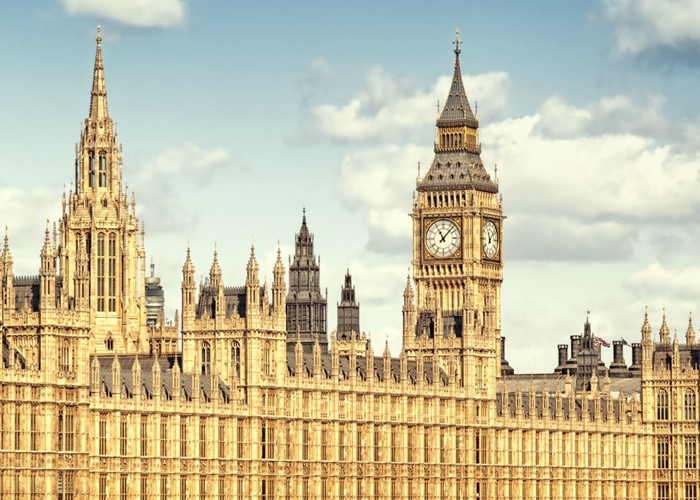Budget 2014 predictions

With the 2014 Budget nearly upon us, here's what may feature in George Osborne's speech.
On Wednesday George Osborne, the Chancellor of the Exchequer, will deliver the 2014 Budget.
As is now customary, certain elements of the Budget have already been leaked to the media, while financial firms have been quick to outline their predictions and wishlists.
Here’s what Osborne might talk about on Wednesday.
Income Tax
We already know that the personal allowance – the amount you can earn before the taxman starts taking a slice – will jump to £10,000 from the start of the new tax year in April. That’s something the Government promised to do by the end of its term, and has actually managed to achieve a year ahead of schedule.
There is some talk that it may be bumped up further from 2015/16, perhaps to £10,500.
There has been a lot of talk about the Chancellor raising the threshold for the 40p tax rate, which is currently paid by anyone earning between £41,451 and £150,000. However, this doesn't look like it's going to happen, with the focus instead on the tax-free allowance.
Stamp Duty
There have been calls for the Chancellor to increase the initial Stamp Duty threshold from £125,000 to £250,000 or increase the 3% Stamp Duty threshold from £250,001 to £300,001. He can't do both and he might do neither.
Help for businesses
From 1st April Corporation Tax will fall from 23% to 21%. It will then drop again to 20% next year.
Osborne has already talked about how this will be a Budget to support businesses, so expect further measures.
Small pension pots
Hargreaves Lansdown reckons there will be some changes to what are known as the small pot or Trivial Commutation rules. The existing rules means that if you have one pension pot of £2,000 or less, or your total pension pots are worth £18,000 or less, you can take the cash as a lump sum rather than being forced to convert it into an annuity.
Hargreaves Lansdown reckons the rules will be adjusted to make it easier for more people to do just that with their pension pots, possibly helping as many as 150,000 people a year.
Pension drawdown limits
If you are approaching retirement and want to keep your money invested, rather than exchanging it for an annuity, you can take advantage of income drawdown. You take some of the fund in a fixed or variable income, leaving the rest invested and (hopefully) increasing in size.
Just what annual income you can take from your fund depends on a variety of things such as the fund value, your age, and the Government Actuary’s Department tables (known as the GAD rate).
This month the GAD rate is falling from 3.25% to 3%, but there have been some reports that the Government may look to introduce an increased limit for those in poor health, meaning they could benefit from a higher income much as they can take advantage of enhanced annuities, which pay a greater income than normal annuities.
ISAs
Nationwide Building Society wants to see the Chancellor tweak the ISA rules to allow savers to transfer their money from Stocks & Shares ISAs to Cash ISAs, citing its own research which found that more than one in ten of us would like to do just that. The current rules prohibit moving money from Stocks & Shares ISAs into Cash ISAs.
The mutual also said it wants to see to see the limits on how much you can save in each type of ISA levelled too. At the moment you can only save half of your annual ISA allowance in cash, though you can save the full amount in stocks and shares.
Childcare tax break
The Government is expected to outline full details of a proposed childcare tax break worth up to £1,200.
The new scheme will replace the current childcare voucher system, which relies on employers signing up to it.
Help to Buy
The Help to Buy scheme is an initiative from the Government to help people access the housing market even if they only have a small deposit. It was due to end in 2016, but George Osborne couldn’t even wait until the Budget to confirm that part of the scheme would be extended to 2020. Further details on the success of the scheme so far will likely pop up in the speech.
For more on how Help to Buy works, check out Help to Buy mortgages explained.
Compare mortgages with lovemoney.com
More from lovemoney.com:
The best 0% purchase credit cards
The best 0% balance transfer credit cards
Top Cash ISAs for transfers
The best Cash ISAs
Inflation basket: how Netflix and flavoured milk affect our money
Comments
Be the first to comment
Do you want to comment on this article? You need to be signed in for this feature